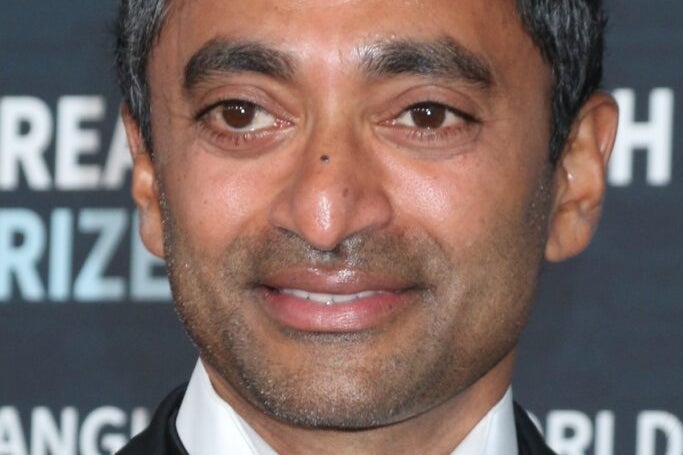
Venture capitalist Chamath Palihapitiya recently sent ripples through the financial world with a rather unconventional take on Bitcoin’s future. His concern? The potential threat of quantum computing. Reports suggesting that sufficiently advanced quantum computers could potentially crack Bitcoin’s cryptographic security have led Palihapitiya to declare gold as the only truly ‘safe’ investment in such a scenario.
The statement, made during a recent discussion, highlights a growing unease among some investors regarding the long-term viability of cryptocurrencies in the face of rapidly advancing quantum technology. While the timeline for a quantum computer capable of breaking Bitcoin’s encryption remains uncertain, the mere possibility is enough to cause concern for those heavily invested in the digital asset space.
Palihapitiya’s assertion isn’t just a knee-jerk reaction. The underlying concern is valid. Bitcoin’s security relies heavily on the computational difficulty of solving complex cryptographic problems. Quantum computers, with their fundamentally different approach to computation, could potentially bypass these safeguards, rendering Bitcoin and other cryptocurrencies vulnerable.
This doesn’t necessarily mean the end of Bitcoin, but it does raise significant questions about its long-term security and its suitability as a store of value. For investors like Palihapitiya, who perceive even a remote chance of this eventuality, the traditional safe haven of gold appears to be a more attractive option. Gold’s inherent value and lack of reliance on complex algorithms make it a seemingly less vulnerable asset in this speculative context.
The implications of Palihapitiya’s statement extend beyond just Bitcoin. The potential impact of quantum computing on various aspects of cybersecurity and financial systems is a subject of growing interest and concern. As quantum technology advances, the conversation surrounding digital asset security and alternative investment strategies will undoubtedly continue to evolve.










